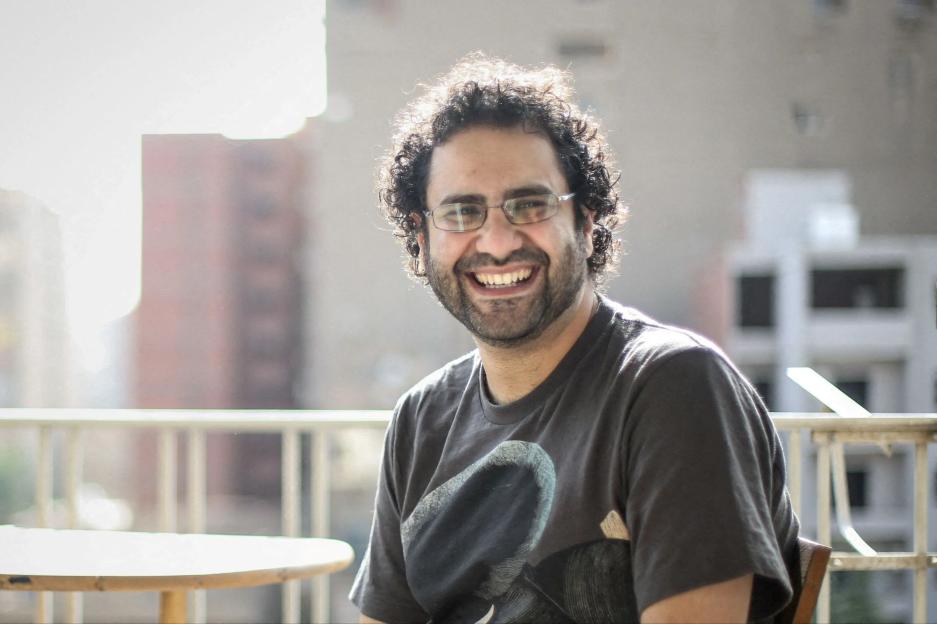The federal government has officially announced the details of an external review into the issue of harassment and sexual misconduct in the military, nearly three months after allegations against senior leaders sparked a reckoning for the Canadian Forces.
Defence Minister Harjit Sajjan announced the probe Thursday morning, after multiple women had come forward with complaints of sexual harassment and misconduct including allegations against both the current and former chiefs of the defence staff: Adm. Art McDonald and Gen. Jonathan Vance.
Read more: Sajjan announces review of military sexual misconduct, plans for independent reporting system
Vance denies all allegations.
McDonald has declined to comment citing the ongoing investigation and legal advice.
Global News took a dive into what to expect as this probe gets underway: what the review will look like, how long it will take, and whether experts believe it can truly create lasting cultural change.
What happens right away?
Sajjan has put former Supreme Court of Canada justice Louise Arbour at the helm of the independent, external review into misconduct in the Department of National Defence and the Canadian Armed Forces.
He says her task is to recommend changes that will make a lasting impact.
“We are dedicated to creating lasting cultural change across the defence team. (Change) that is enduring. Change that meets the needs of those who have experienced sexual misconduct,”; said Sajjan during the announcement.
Arbour is tasked with examining “the policies, procedures, programs, practices and culture”; at National Defence, according to a press release about the measures.
As she undertakes that work, she’ll make recommendations on how to address the systemic issues and create real, lasting culture change within the organization.
The terms of reference for the review say she will provide monthly progress reports to Sajjan as she goes about the work, along with any interim reports that she seems fit to issue.
A final report must be issued within 12 months, though that can be extended to 15 months if there are “unforeseeable” constraints such as changes in COVID-19 restrictions.
Sajjan billed Arbour's work as aimed at drafting a “bold” vision for structural change to the Canadian Forces: how they handle sexual misconduct, but also how they train and promote leaders, and how military police handle investigations on misconduct.
At the same time, the military will also create a new internal organization led by Lt.-Gen. Jennie Carignan that Sajjan says will focus on streamlining all the varying internal processes and protocols around the handling of sexual misconduct, with part of the goal being to make sure allegations are documented in personnel records and promotion decisions.
Lt-Gen. Wayne Eyre, acting chief of the defence staff, and deputy minister Jody Thomas will be hammering out the key responsibilities for Carignan in the coming weeks.
The internal move was described as a way to make sure the military can quickly act on interim recommendations that Arbour might make, according to a press release.
“We're not going to wait for a report to come out,” said Sajjan.
“We're going to continue to take action from day one.”
What happens in the next few months?
Arbour’s review is expected to start producing results in the “coming months,”; according to the government.
But Sajjan said that Arbour will be able to provide recommendations on a rolling basis throughout the process.
“Regardless whether it's a month from now, two months from now, three months from now, (Arbour) can bring those recommendations forward and they will be acted upon immediately,”; Sajjan said.
Read more: Military police recommended end to 2015 Vance probe within hours of his swearing-in
As part of the recommendations, she’s expected to suggest how to set up an independent reporting system for military members to bring forward allegations of sexual misconduct â a system that falls outside the military chain of command.
“We are committed to creating a space where all members of the defence team are able to report misconduct free from any fear of reprisal or retribution so that members feel safe to come forward and can easily access the resources and support they need,”; the release read.
The creation of an independent reporting space has been a key request from victims and survivors, who say it’s essential that they be able to report misconduct outside the chain of command.
Arbour ‘s final report will be made public as will any interim reports she decides to issue.
She is also expected to work with the people leading reviews into other systemic issues in the Canadian Forces: the review into racism is one example named in the terms of reference.
She will also be expected to take a “trauma informed” approach to minimize harm to victims.
It's not clear how much the review or changes will cost yet.
The earmarked $75 million in new funding over the next five years in Budget 2021 is specifically dedicated to addressing the problem of sexual misconduct in the Canadian military.
It also intends to redirect another $158 million from other parts of the military.
The money will go toward developing a “professionally co-facilitated peer support program”; aimed at helping those in the Canadian Armed Forces â and veterans â who have “suffered harm as a result of experiencing sexual misconduct in connection with their military service.”;
“This program will include online and in-person group support: mental health professionals and peers with lived experience will co-facilitate these platforms in line with best practices,”; the release said.
The funds will also expand the reach of the Sexual Misconduct Response Centre (SMRC), including increasing supports it can offer to veterans rather than just current members.
What happens long term?
The overarching goal of the steps announced on Thursday is to create “lasting cultural change across the defence team,”; Sajjan said.
The question of how to achieve that lasting change remains one of the major questions that this latest suite of announcements hopes to answer.
“We thought we were going down a path that was creating that better change. It clearly has not worked,”; Sajjan said, referring to the decisions made following former Supreme Court of Canada justice Marie Deschamps’ report into sexual misconduct conducted back in 2015.
Read more: Military police probed Vance allegation in 2015 but laid no charges
Her report sparked the creation of Operation Honour, the military’s formal initiative to root out sexual misconduct. But in the years since, “very little has changed,”; as Deschamps told the House of Commons defence committee just over two months ago.
Sajjan acknowledged this on Thursday.
“Even though we have certain processes in place, those processes have not worked. And what this is about, this is not just about doing another review,”; he said.
“This is about taking a much ... bolder step than we have taken in the past â a step that has a mechanism in place, as I stated, that will be completely independent of the military.”
He insisted that the announcements from Thursday are part of a change that’s going to stick long-term.
“We know we have to keep moving forward. We know we have more to do. We know we need to regain your trust. We are committed to a lasting change, one that sheds the toxic and outdated values, practices and policies that have harmed our people,”; he said.
“Today is the beginning of that. It is not the end.”
â with files from Global News’ Amanda Connolly





